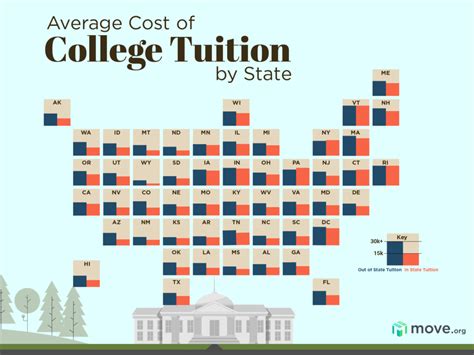Manhattan College, a leading private liberal arts college in the Bronx, offers a comprehensive and transformative educational experience. While the institution’s academic excellence and vibrant campus community come at a premium, understanding the various tuition components and financial aid options can help you make informed decisions about your higher education journey.

Tuition Fees
For the 2023-2024 academic year, Manhattan College’s undergraduate tuition rates are as follows:
| Category | Tuition | Fees |
|---|---|---|
| Full-Time Undergraduate | $41,432 | $1,330 |
| Part-Time Undergraduate | $1,510 per credit | $100 per credit |
Graduate Tuition
Manhattan College also offers a wide range of graduate programs. The tuition rates for graduate programs vary depending on the specific program and degree level:
| Program | Tuition |
|---|---|
| Master’s Degree | $1,350 per credit |
| Doctoral Degree | $1,500 per credit |
Fees and Expenses
In addition to tuition, students should budget for additional fees and expenses, including:
| Fee/Expense | Amount |
|---|---|
| Application Fee | $50 |
| Technology Fee | $500 |
| Campus Recreation Fee | $200 |
| Student Activity Fee | $100 |
| Health Insurance (if not waived) | $1,866 |
Financial Aid
Manhattan College is committed to making education accessible to all qualified students. The college offers a range of financial aid options, including:
- Scholarships: Based on academic merit, financial need, or other criteria.
- Grants: Free money that does not need to be repaid.
- Loans: Money that must be repaid with interest.
- Work-Study: Opportunity to earn money while attending college.
For the 2021-2022 academic year, Manhattan College awarded over $114 million in financial aid to undergraduate students. Approximately 99% of undergraduate students received some form of financial assistance.
Tips and Tricks
- Apply for financial aid early: Deadlines vary, but it is recommended to submit the Free Application for Federal Student Aid (FAFSA) as soon as possible.
- Explore scholarships: Search for scholarships that align with your interests, skills, and background.
- Consider part-time work: Earning income alongside your studies can help reduce the cost of attendance.
- Negotiate with the college: If you have a strong academic record or special circumstances, you may be able to negotiate a better financial aid package.
- Utilize campus resources: The Financial Aid Office and other college departments can provide guidance and support throughout the financial aid process.
Common Mistakes to Avoid
- Not completing the FAFSA: Missing the FAFSA deadline or failing to complete it accurately can result in missing out on valuable financial aid.
- Borrowing more than you can afford: Student loans should be repaid with interest, so it is important to borrow only what you need.
- Falling behind on payments: Late payments can damage your credit and jeopardize your financial aid eligibility.
- Assuming you won’t qualify for aid: Many students underestimate their eligibility for financial aid. Do not hesitate to apply, even if you think you may not qualify.
- Not planning for additional expenses: Beyond tuition and fees, factor in living expenses, textbooks, and other costs associated with attending college.
Conclusion
Manhattan College’s tuition and fees reflect the institution’s commitment to academic excellence and student success. However, with careful financial planning and thoughtful exploration of financial aid options, you can make your Manhattan College education affordable and transformative. Remember, the investment you make in your education today will pay dividends throughout your career and personal life.
